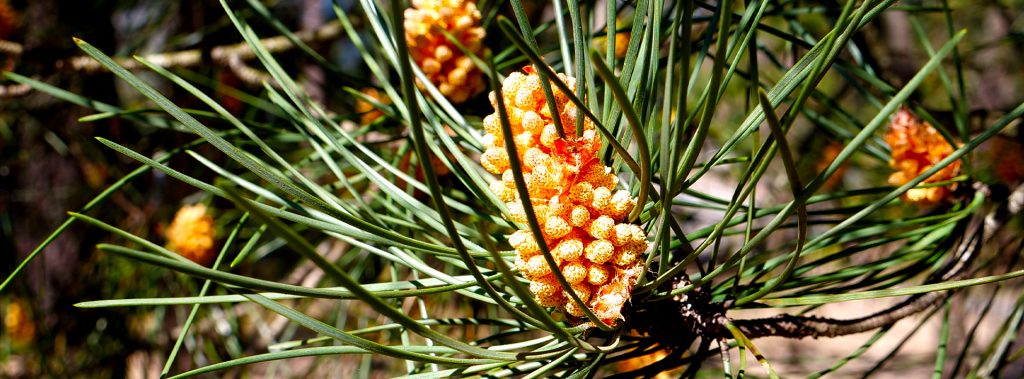Article by Nuno Calado, Wood Regulation & Sustainability Manager, Sonae Arauco
Last year, between January and October, almost 66,000 hectares of forest area burned in Portugal. According to the Institute for Conservation of Nature and Forests, in the period 2010-2019 burned, on average, about 136,000 hectares per year.
In a year marked by a global public health crisis, is a challenge maintain on the agenda seasonally perceived as non-urgent issues. These data show that it remains necessary and imminent to rethink everything that is being done – and to do differently; do better; bring technology and transform the forest into a laboratory with a view to collect data to maximize its appreciation.
Forest and fire management is far from having only one mitigating effect on fires: if approached strategically and collaboratively, it will have a multiplier effect on the economy, society and the environment.
The Portuguese forest mobilizes about 24,000 companies, accounting for about 100,000 jobs and 10% of Portuguese exportation. Due to its ability to increase territorial cohesion, to incorporate value from locally produced raw materials and to ensure relevant ecosystem services, the national forest is a development engine of the country that can be enhanced.
At a time when it’s urgent to find sustainable development models, this is probably the best opportunity to pay attention to the forest and its agents with a true sense of the future – and without further postponement. Sustainable exploitation of these areas, natural assets with a central role in the survival of the planet, must be a priority for all.
It’s important, for example, to look at forest improvement; to study models for forest management and valorization; and to develop and/or adapt to the Portuguese reality technology for the acknowledge of the forest and to innovate in the forest inventory.
In recent decades, the area of pine forest has decreased by about 27%, due not only to fires, pests and diseases, but also to low productivity of the species (as a result of ineffective management practices). We enter a vicious circle – low productivity leads to a lack of investment, which in turn increases the risk of fire and endangers the entire value chain. Research can reverse the trend through the development, demand and subsequent introduction to the market of more productive, more resilient forest species and more adapted to climate change and to each context.
It is also important to work on the development of new management models that are based on the best methodologies/practices to enhance forest assets. This need is cross-cutting, and includes, for example, the management of pine forests obtained by natural regeneration or the more than 28,000 km of electric power distribution airlines present in forest spaces, including the management of vegetation from protection areas and fuel management ranges to electric lines, with a view to reducing operating costs and valuing them for forest owners.
By introducing technology to increase our knowledge of the forest, we will be enabling better forest planning. With new remote detection technologies, we will be able to collect information in larger areas, faster, at lower costs. The processing of this data will support decision-making. Although digital tools and sensors are already used in the sector that allow complementing conventional techniques for collecting forest information (such as sampling and measuring plots on the ground), these need an analysis, validation and eventual adaptation to the reality of the Portuguese forest.
In summary, this is our action plan at rePLANt, which brings together 20 public and private entities and involves more than 70 researchers and technicians until 2023. Through an investment of about 6 million euros boosted by ForestWISE, we will reinvent forest management.
The materialization of the forest potential depends on the union of efforts between business units, owners, service providers, forest-based companies and the Government. They are all needed and everyone is welcome. Taking care of forests is to take care of a sustainable future for the next generations.
In Público, may 13 2021

